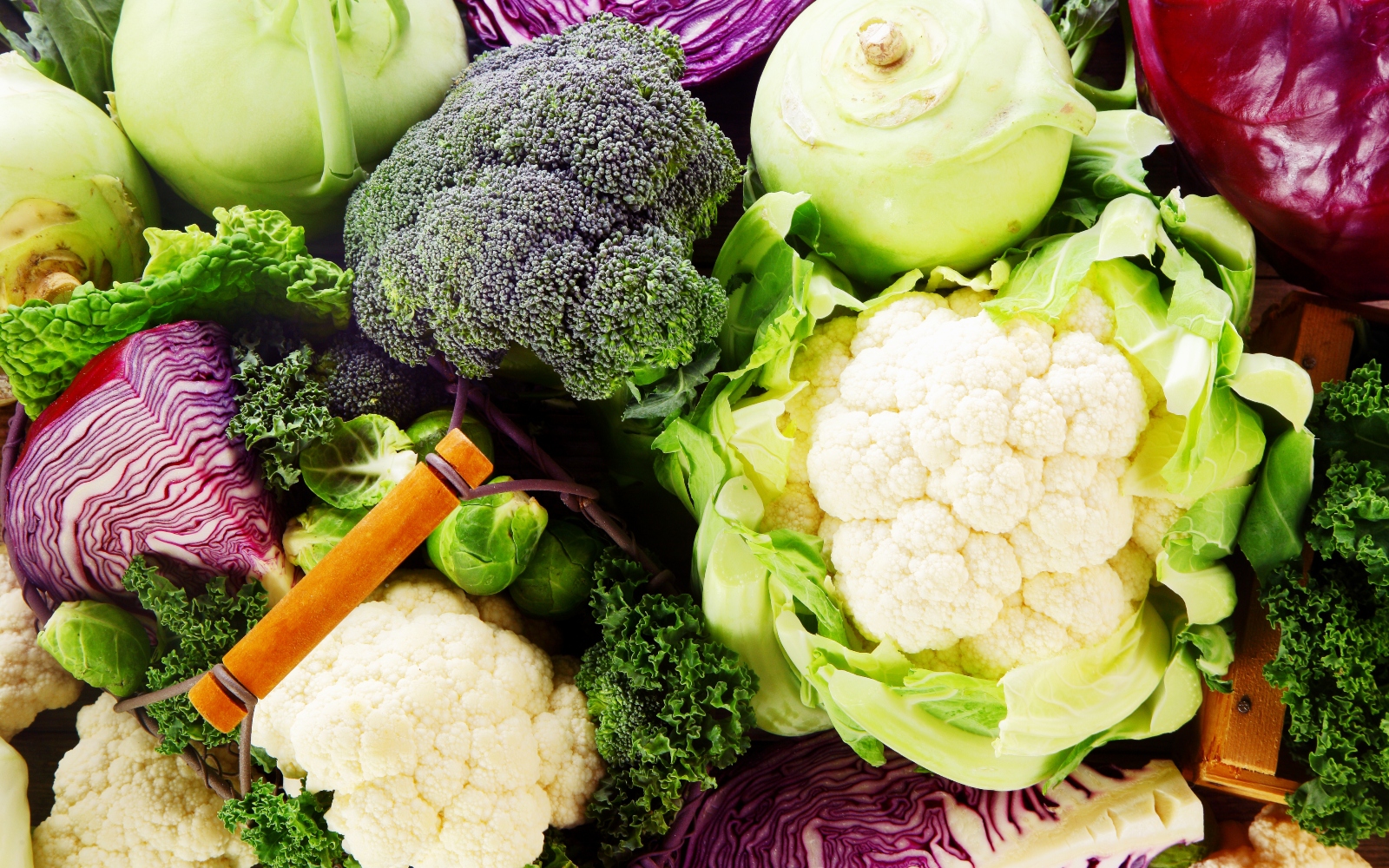In this Issue:
- Cruciferous Vegetables
- World Health Day
- National Stress Awareness Month
- Vitamin B12
- Featured Recipe: Cabbage Burritos
- News from MOWWM
Featured Story: Cruciferous Vegetables
While these veggies grow in all different colors, shapes and sizes, they share several nutritional benefits. Most cruciferous vegetables are rich in vitamins and minerals such as folate and vitamin K. Dark green cruciferous veggies also are a source of vitamins A and C and contain phytonutrients — plant-based compounds that may help to lower inflammation and reduce the risk of developing cancer. Cruciferous vegetables also are rich in fiber
and low in calories, a combination that will help you feel full and satisfied without overeating.
It doesn’t take much to reap the benefits. Adults need at least 21⁄2 cups of vegetables a day. One cup of raw and cooked veggies, such as broccoli, cauliflower and Brussels sprouts, is equivalent to a 1-cup vegetable serving. Two cups of raw leafy vegetables, such as kale and bok choy, are the equivalent of a 1-cup vegetable serving.
Ready to add more cruciferous veggies into your diet? Download our Wellness Guide.



